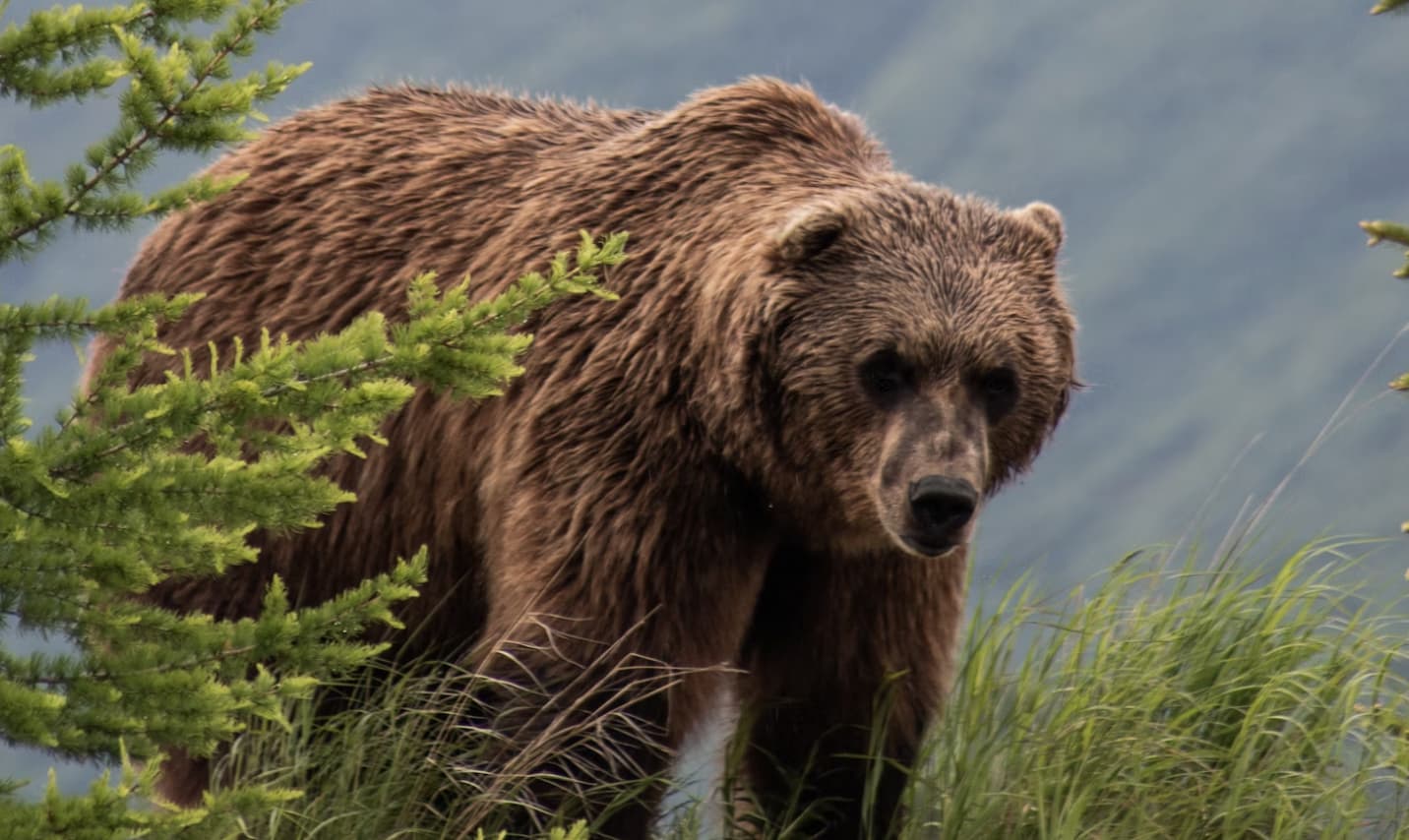
Local Pemberton residents and bear experts have written to the Conservation Officer Service to hire a grizzly bear specialist for the Sea to Sky Corridor. Two Pemberton residents and three grizzly bear experts, Lana M. Ciarniello, Bruce McLellan, and Michelle McLellan, recently wrote about hiring such a specialist to the province.
Sign up for local news alerts from Whistler Daily Post.
Below is a letter they wrote to the Province as well as to local politicians and other wildlife-related agencies and non-profits:
The number of grizzly bears in some, but certainly not all, populations in the south Coastal Mountains of British Columbia (BC) are increasing. In particular, populations north of Anderson Lake, northwest of Pemberton, and west of Whistler have been growing at about 3 percent a year for the past few decades. South of Anderson Lake and southeast of Pemberton and Whistler, however, the populations are very small, highly inbred, and barely hanging on.
We are now in an increasingly challenging situation of having some grizzly bears from these more robust populations spending considerable time in the valleys where people live, such as in Whistler. These bears are needed to gradually and naturally augment the adjacent small and struggling populations. But people living in the valleys are not accustomed to having grizzly bears living amongst them; many are highly concerned and need help. Fortunately, this situation is familiar, and ways that people can coexist with grizzly bears have been learned in several places, including Rocky Mountain National Parks and in northern Montana as well as around Yellowstone National Park.
Sign up for local news alerts from Whistler Daily Post.
In these areas, experts on localized bear management are employed to educate and help people secure or remove attractants, aversively condition bears (rubber or beanbag bullets, trained dogs, or bear capture) that are pushing boundaries, and remove, by capturing or euthanizing, bears that have crossed the line of human safety.
The Conservation Officer Service has filled this role in places but it is clear that they are overwhelmed in the south coastal areas and residents are being left on their own. We have been working on grizzly bear recovery and coexistence for many decades and have witnessed these issues firsthand in many areas in BC, Alberta, and the USA. Grizzly bear recovery in southern BC is clearly at the stage when at least one dedicated, on-site bear management expert is needed. We urge the government of BC to make a position for this role as it is critical to the future of grizzly bear conservation.
